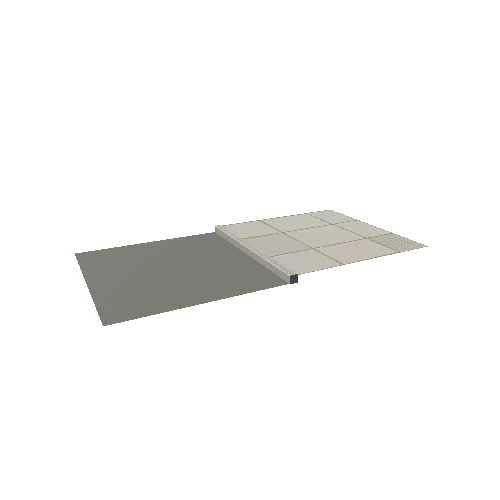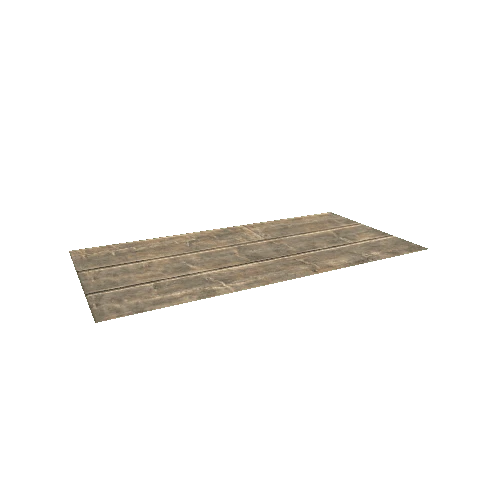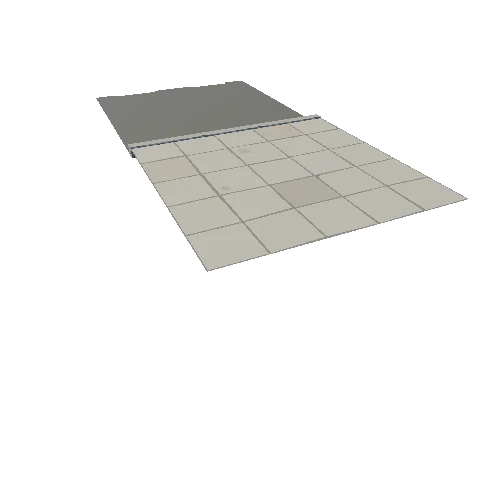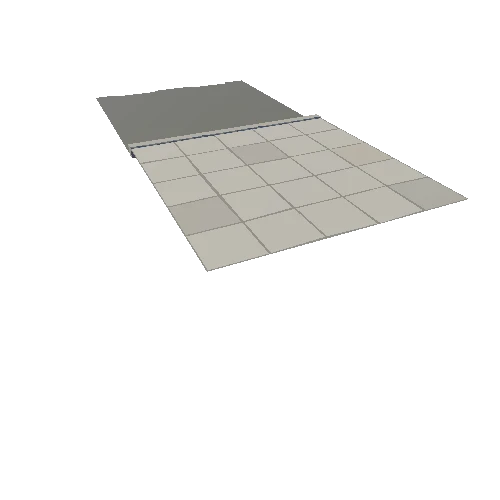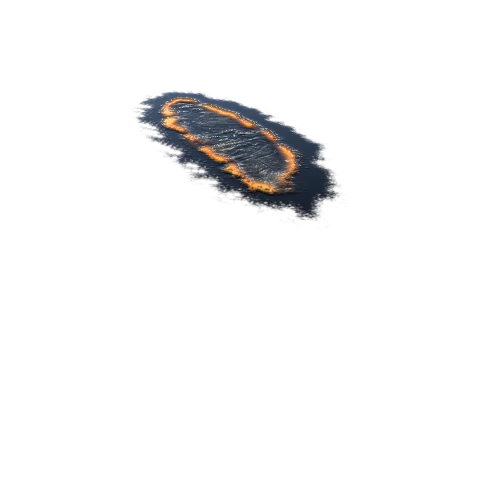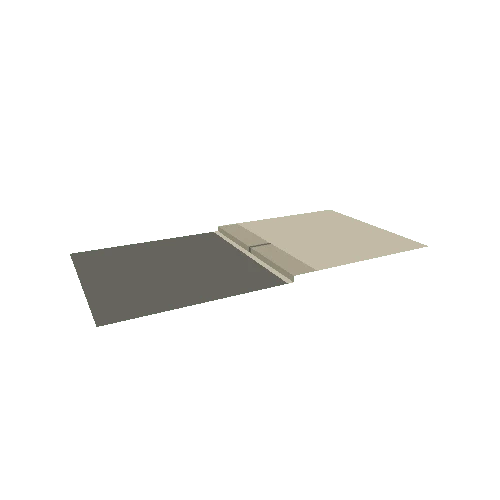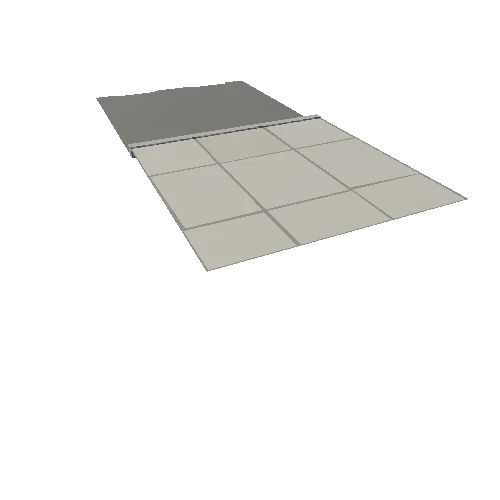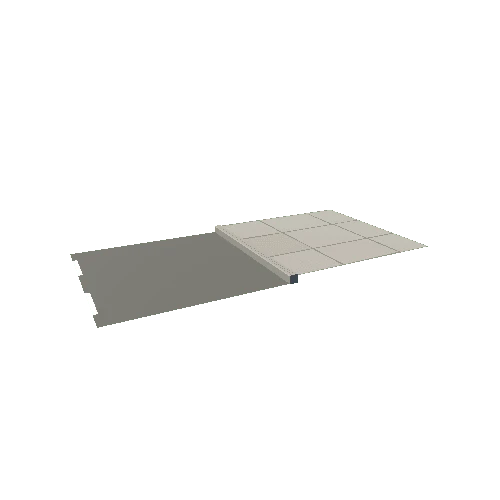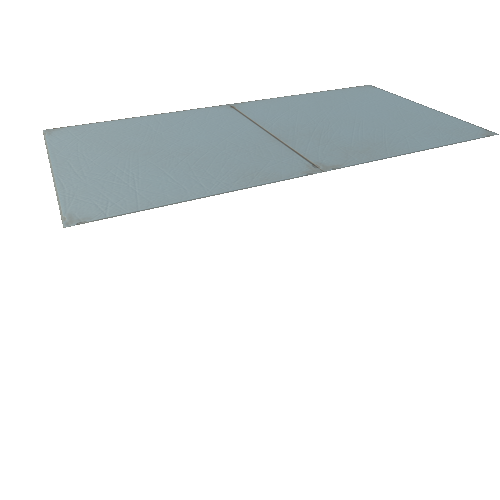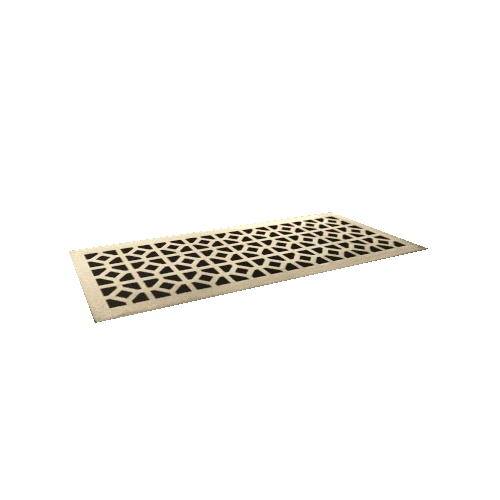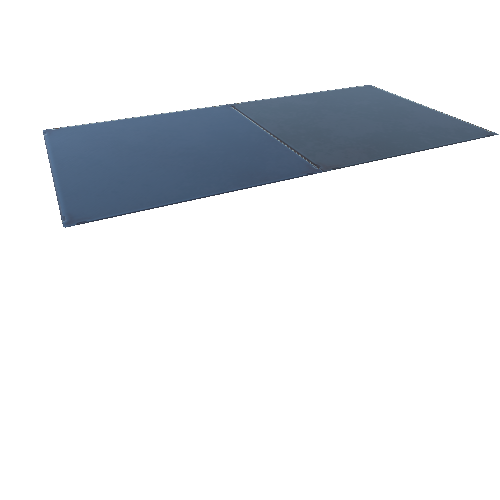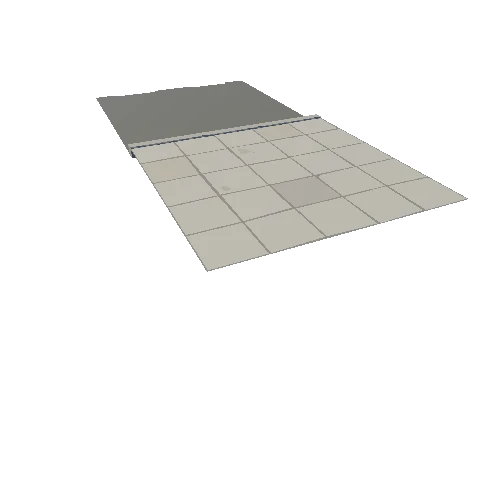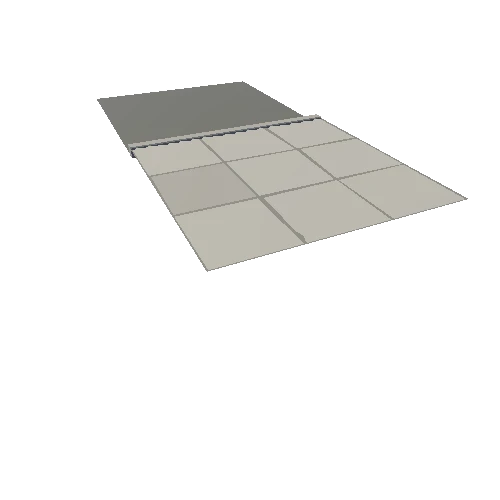Select or drop a image or 3D model here to search.
We support JPG, JPEG, PNG, GIF, WEBP, GLB, OBJ, STL, FBX. More formats will be added in the future.
Asset Overview
A deceptively flat looking landscape that pays closer attention. Please zoom into the annotated areas.
The Penycrocbren ridge is traversed by Glyndwr's Way which follows a much older road thought to be Roman in origin. The Roman fortlet measures 26.5m x by 23.5m defined by single turf rampart 0.8m high with a single gateway 3m wide on the north side. Partial excavations in 1960 showed the interior to be covered by a floor of chippings with substantial gate posts in the entrance and pottery dating to the mid to late 2nd century AD.
The placename Pen-y-crocbren means Gallows Top and the gibbet mound lies a few metres west of the Roman fort where it utilized a much older prehistoric burial mound. In1938 the remains of gibbeting irons with a skull inside were found here, now on display in St. Fagans National History Museum. Former lead mining shafts follow a sub-surface vein and the remains of a hushing reservoir and channel can be seen which have been radiocarbon dated to 980-1170
